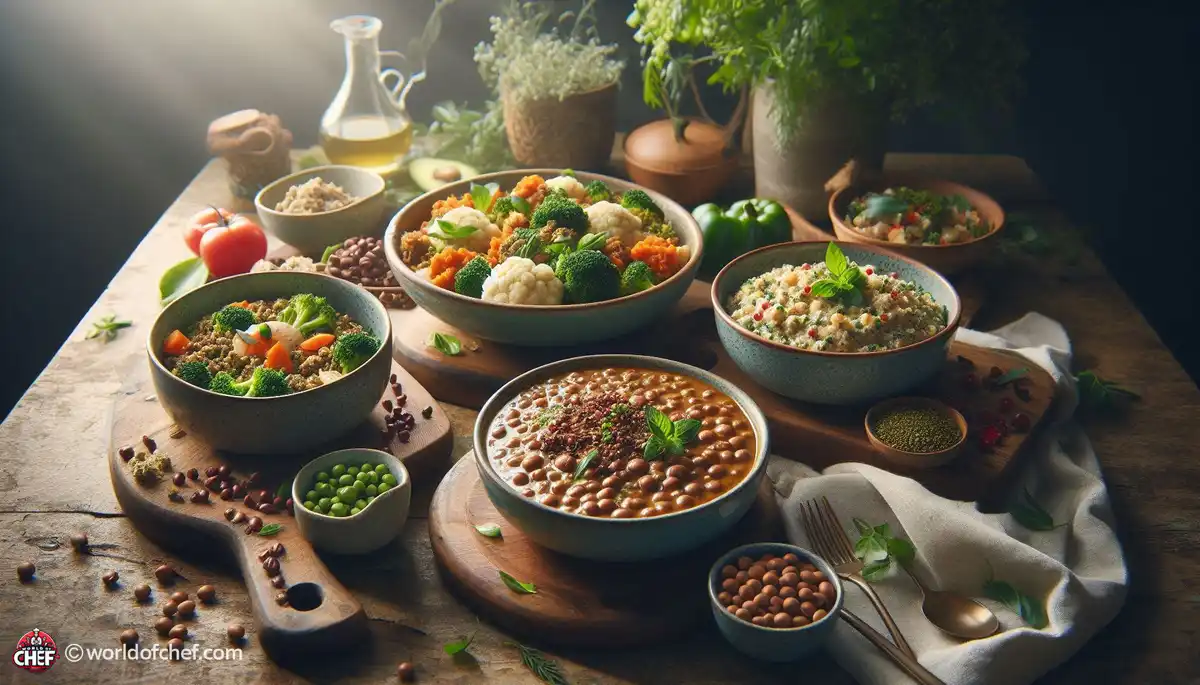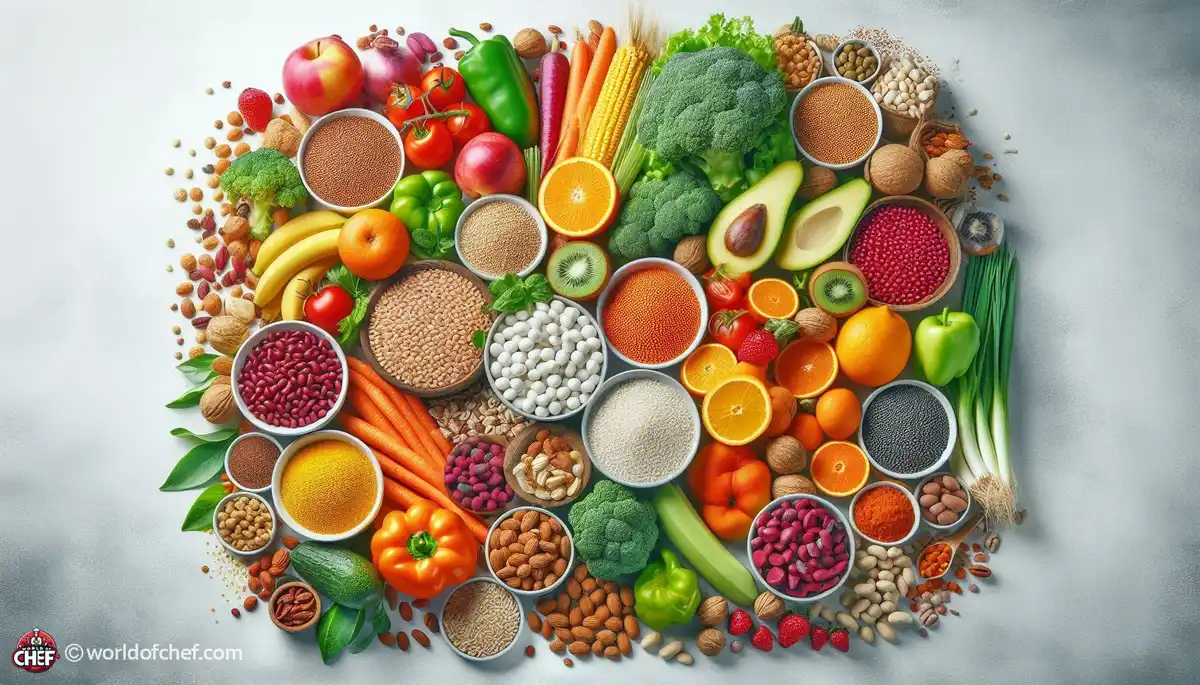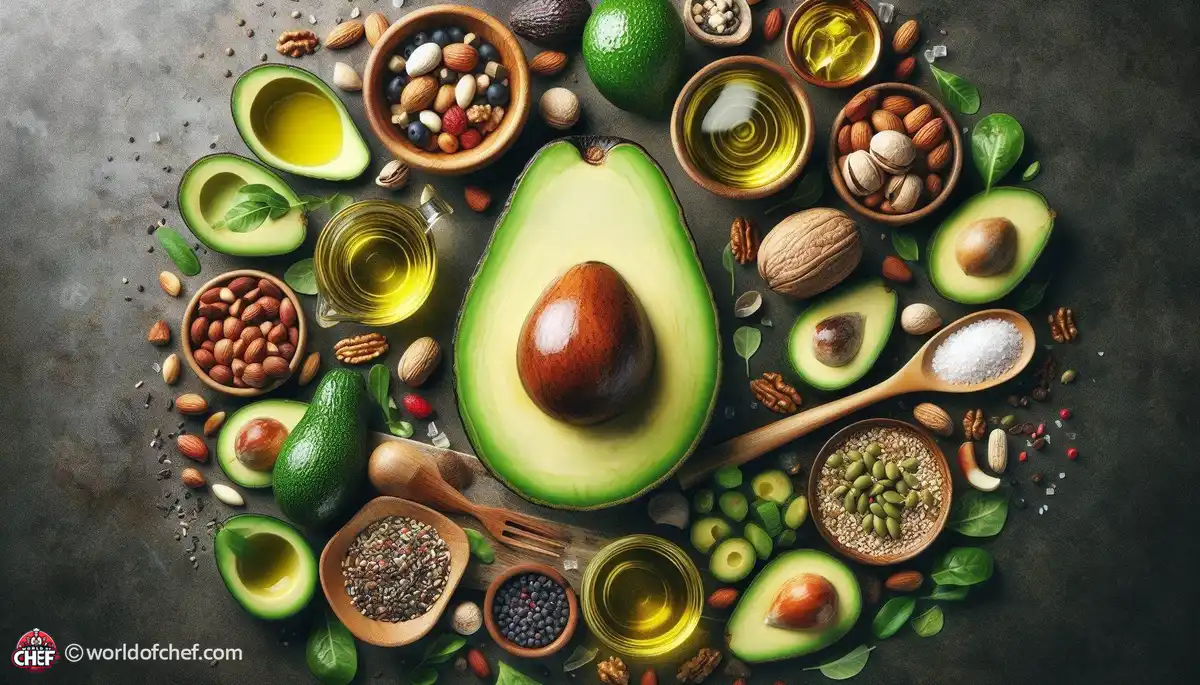
Dinner Delights: High-Fiber Recipes for Every Palate
Clarence Guido - Oct 7, 2024 - 7 min read


Fiber might not be the most glamorous topic when discussing nutrition, but it sure is one of the most important. Dietary fiber is a sort of carbohydrate of plant-based foods, which are not completely digestible in your body. These instead pass quite intact through the digestive system and provide a myriad of Health Benefits in return. The two types of fiber include soluble and insoluble. Soluble fiber dissolves in water and forms a gel-like substance in the digestive tract, while insoluble fiber adds bulk to stool and helps keep things moving smoothly.
So, why all the fuss about fiber? Well, for starters, a high-fiber diet is key to maintaining a healthy digestive system. Fiber helps prevent constipation by increasing the bulk of stool and moving stools regularly. However, its usage has far greater benefits than just in the lavatory. Additionally, fiber is essential to regulate blood sugar levels; therefore, it will be highly crucial to diabetics or for people at the risk of getting the disease. Further, fiber can reduce cholesterol levels, thereby discouraging the outbreak of heart conditions.
Now that we have an idea of how crucial fiber is, let's discuss the number. The precise amount of daily fiber allowance depends on many things, including age, sex, and level of activity, but the general guideline is around 25-30 grams for most adults. People have consumed on average only half as much of the recommended amount of dietary fiber daily compared to that goal. Do not worry, though: with a little knowledge, it is easy to increase fiber and enjoy the benefits of a healthier diet.
High-fiber foods include whole grains. Many of the refined grains have actually processed out the outer layer that is high in fiber, while whole grains retain all their nutrient goodness. Choices like oats, quinoa, brown rice, and whole wheat pasta are not just full of fiber but also rich in vitamins, minerals, and antioxidants. They are also quite versatile and can be used for everything from breakfast bowls to stir-fries.
Of course, no list of good sources of dietary fiber would be complete without fruits and vegetables. They are super rich in fiber, low in calories, and full of nutrients – great to build a diet on. Berries, apples, oranges, broccoli, carrots-the list goes on. Replace half of the food intake with fruits and vegetables in each meal to become sure about the nutritious amount of fiber.
Perhaps, however, the least noted source of fiber is legumes: beans, lentils, and chickpeas. They are cheap, versatile, and an ideal way to add more fiber to your diet, especially when making homemade chili or tossing lentils into salads. In addition, they are an excellent source of protein, which is excellent for vegetarians and vegans.
You probably would not suddenly consume large amounts of fiber, as that could lead to digestive upset, including bloating and gas. Instead, gradually add small amounts of fiber to your food and steadily increase these amounts. Your digestive system will thank you!
You could become dehydrated when taking in higher levels of fiber as water is absorbed into the body as it passes through your digestive system. You can get constipated when you aren't well-hydrated. Drink ample amounts of water daily, especially when increasing your Fiber Intake.
Fiber does not have to mean tasteless and boring food. Get into the kitchen and start experimenting with new recipes that introduce the more fiber-rich ingredients into them. From high-fiber smoothie bowls to rich, meaty bean soups, it is all limitless. Just do not be afraid of trying something new-things might just work well!
In conclusion, fiber happens to be one of those nutrients that play a big role in maintaining health generally. Adding more high fiber foods to your diet improves digestive health, maintains or regulates blood sugar levels in the body, and decreases cases of chronic diseases such as heart disease and diabetes among others. So, go ahead and add those goodies to your diet. Add some fiber to your plate today and enjoy all the great benefits of having a high-fiber diet. Your body will thank you for it!

Clarence Guido - Oct 7, 2024 - 7 min read

Lydia Timmerman - Oct 6, 2024 - 6 min read

Logan Trowbridge - Oct 6, 2024 - 7 min read

Wayne Tobar - Oct 4, 2024 - 8 min read